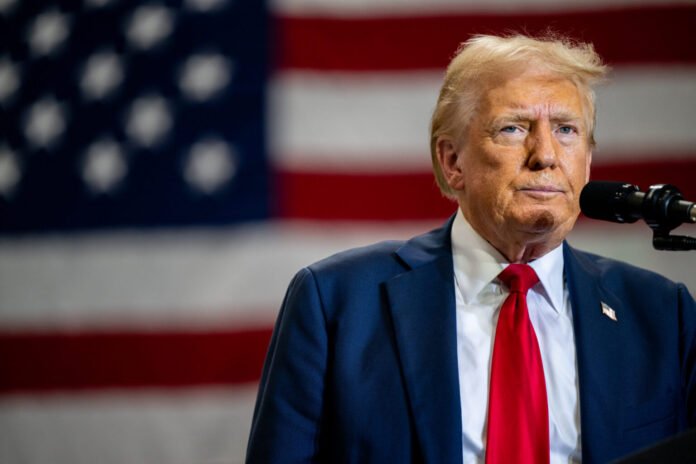US tariffs on Iraq have triggered serious concerns in Baghdad and across global markets. Experts believe the move primarily aims to curb Iran’s influence in Iraq. Additionally, analysts suggest these tariffs may pressure Iraq’s leadership to pursue closer relations with Israel.
In July 2025, the Trump administration announced potential tariffs on 14 countries. The list included key allies such as Japan and South Korea. Later, Iraq joined the list despite having limited trade volume with the US.
By the end of July, the White House imposed a 35 percent tariff on Iraq. This figure rose from an initial 30 percent proposal discussed with Prime Minister Mohammed Shia Al-Sudani. Iraq exported $1.7 billion in goods to the US in 2024. Imports, mainly crude and refined oil, totaled $7.5 billion. The result was a trade deficit nearing $6 billion, favoring Iraq.
The announcement has sparked intense debate in Baghdad. Many wonder how Al-Sudani’s Reconstruction and Development coalition will react. Observers also question whether the tariffs could destabilize Iraq’s economic recovery.
Moreover, the US administration’s strategy appears twofold. On one hand, it seeks to isolate specific Iraqi political groups. On the other, it aims to limit Tehran’s growing influence. Trade experts warn that higher tariffs may slow foreign investment in Iraq.
Economic analysts stress that Iraq faces immediate challenges. The country must balance international pressure with domestic stability. In response, Baghdad officials have started reviewing potential countermeasures. Meanwhile, business communities express concern over rising import costs.
US tariffs on Iraq have also drawn attention in regional forums. Neighboring countries watch closely, evaluating potential ripple effects. Trade relationships may shift as Iraq adapts to new US demands. Consequently, diplomatic negotiations are expected in the coming months.
In conclusion, US tariffs on Iraq represent a significant geopolitical tool. They influence both economic policies and regional alliances. Iraq now faces the dual challenge of navigating global pressures while maintaining internal stability.


